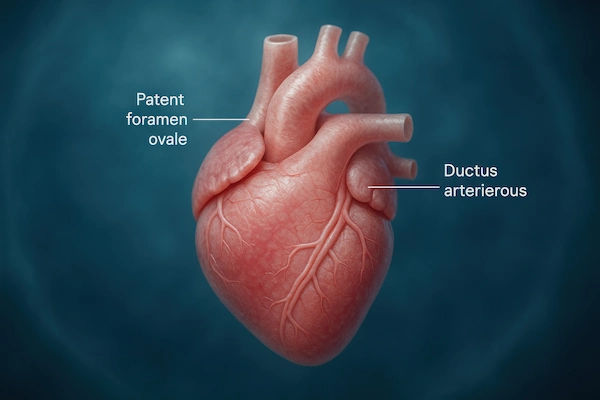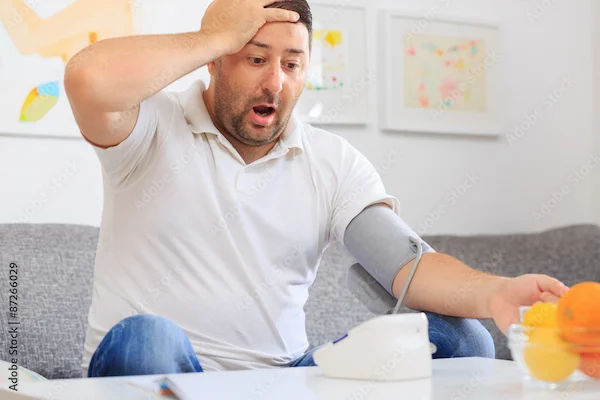- Male
- 28 Years
- 22/01/2025
I'm a bit worried about changing my medication. I used to take Prolomet, and my doctor just switched me to Telma 40 in the morning and Prolomet 25 at night. I'm supposed to stop Prolomet completely after a week and just keep taking Telma. Could this sudden change or stopping Prolomet in the morning cause any issues or symptoms?
Answered by 1 Apollo Doctors
Changing from Prolomet to Telma 40 in the morning and Prolomet 25 at night, followed by stopping Prolomet and continuing with Telma alone, should not cause any issues if done under the supervision of a doctor. Telma (Telmisartan) is an angiotensin II receptor blocker that helps in lowering blood pressure. It is important to follow your doctor's instructions regarding the dosage and timing. The transition from one medication to another is commonly done to optimize treatment and minimize side effects. If you experience any unusual symptoms during this transition, such as dizziness, weakness, or changes in heart rate, please consult your doctor for further evaluation.
Dr. Chandra Suggests...
Consult a Cardiologist
Answered 04/07/2025
0
0

More Cardiology Health Queries
View allI've been using meth for 18 years and I'm about to get a pacemaker. I'm really worried about whether I can continue using meth after I have the pacemaker implanted. What are my chances of living a normal life, and what are the worst complications I could face?
Continuing meth use after getting a pacemaker is dangerous and can increase the risk of severe heart complications, including heart failure, cardiac arrest, and stroke. The best course of action is to quit using meth, work with your healthcare provider, and focus on rehabilitation and healthy lifestyle changes to support your heart health.
Answered by 1 Apollo Doctors
I've been having these weird symptoms lately, and I'm not sure what's going on. Whenever I masturbate, I start to feel really breathless, my heart races, my chest hurts, and I get this lightheaded feeling. It's strange because I never used to have these issues. Even when I'm just walking around, I feel out of breath and dizzy. I got an ECG, TMT, and echo done and they all came back normal. My lipid profile shows my total cholesterol is 193 with HDL at 42 and LDL at 151. My vitamin B12 was around 212, and vitamin D was 51. I even did a lung test and that came back normal too. Another odd thing is that I feel uncomfortable in my chest when listening to music with a lot of bass vibrations. What could be causing all this?
Visit Physician for evaluation and appropriate management
Answered by 1 Apollo Doctors
Can we avoid going through angioplasty even though there are two clots in the heart? The patient seems fine, so I'm wondering if we could just start rehab without surgery.
Angioplasty may be necessary to treat the clotting in the heart to prevent any potential complications. However, if the patient is stable and asymptomatic, a conservative approach can be considered. It is important to closely monitor the patient's condition and follow a strict medication regimen. Rehabilitation can be started under the supervision of a healthcare provider. Medications such as antiplatelets (e.g. Clopidogrel) and anticoagulants (e.g. Warfarin) may be prescribed to manage the clotting. Regular follow-up with a cardiologist is essential to assess the need for any further interventions.
Answered by 1 Apollo Doctors
Disclaimer: Answers on Apollo 247 are not intended to replace your doctor advice. Always seek help of a professional doctor in case of an medical emergency or ailment.




